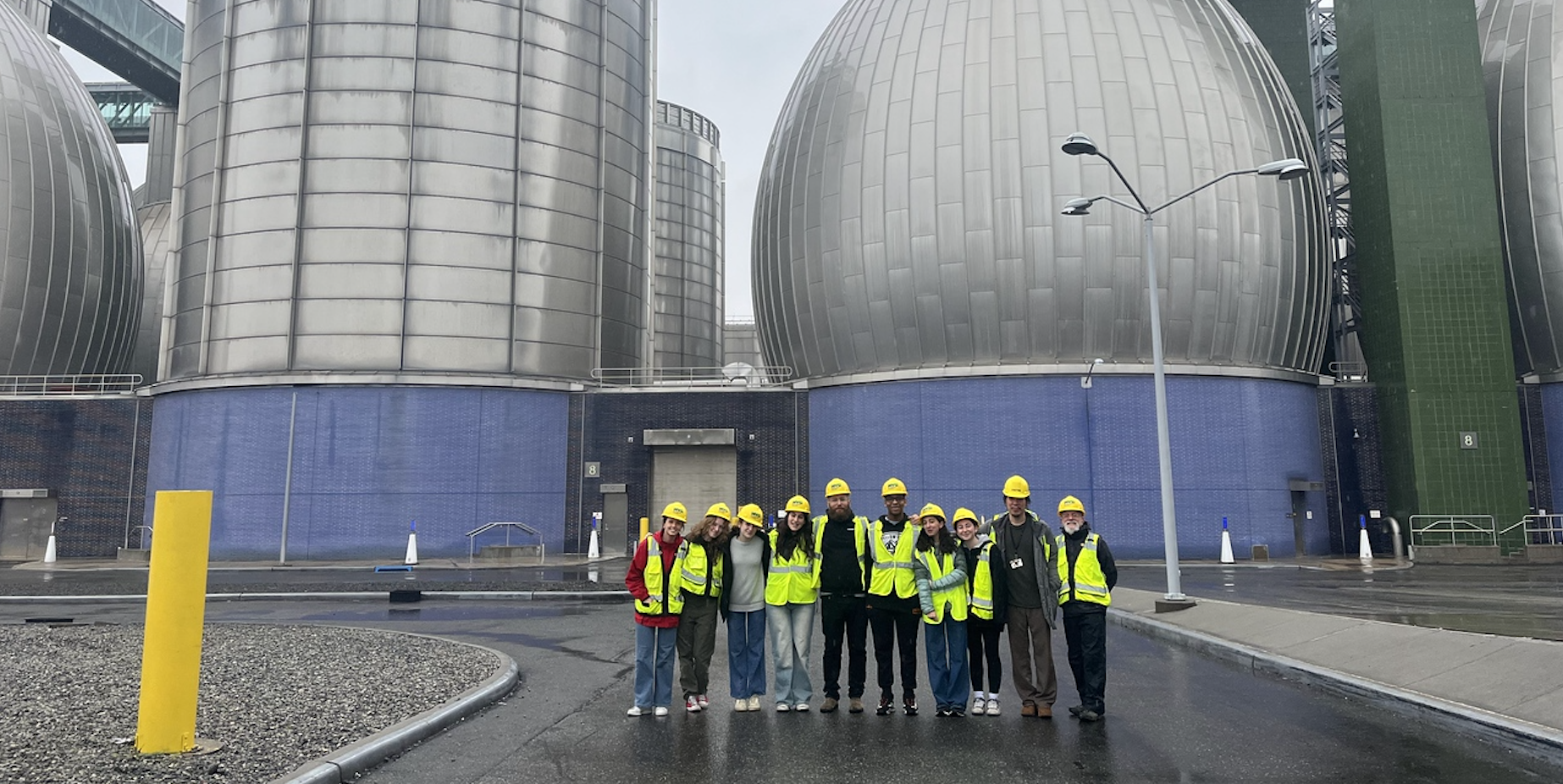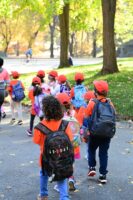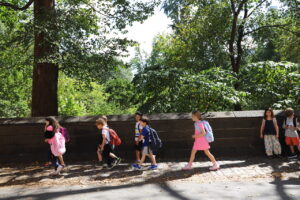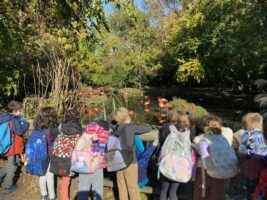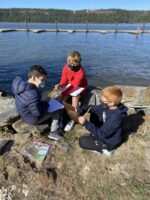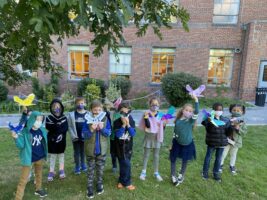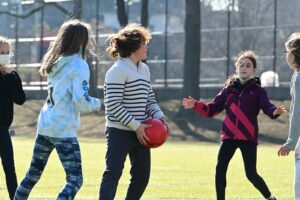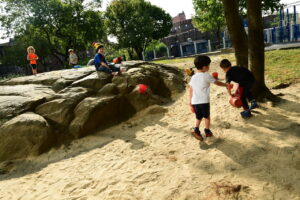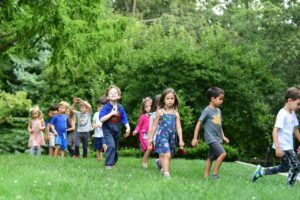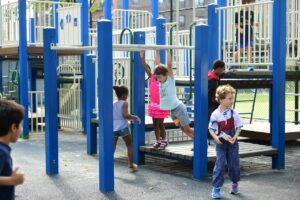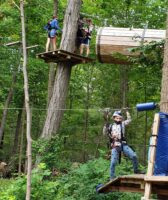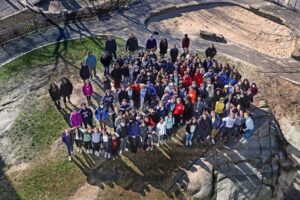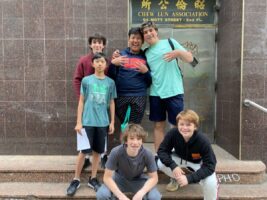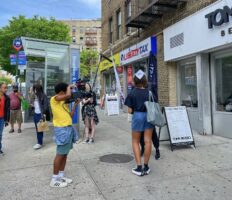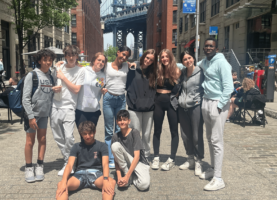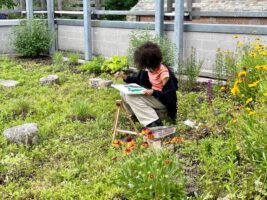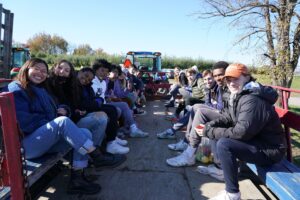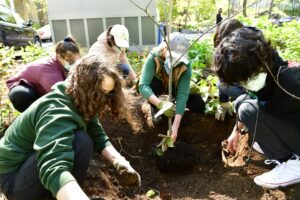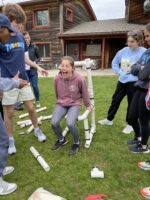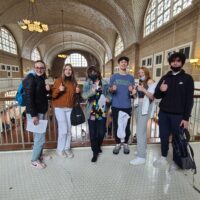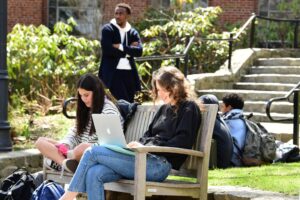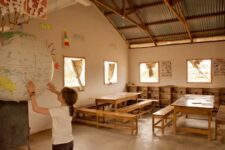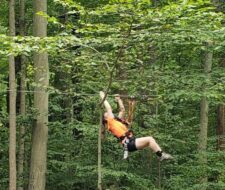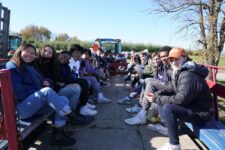An education in the wider world
At the Ethical Culture Fieldston School, students across all grades have many opportunities to take their learning outside of the classroom. From day trips to nearby neighborhoods, parks, and landmarks to semester-long curricular programming to simply enjoying class outdoors on the expansive Fieldston campus, students at ECFS engage in a rigorous education while also experiencing the world around them. Here are a few specific curricular examples. If you would like to learn more about global learning experiences, click here.
Ethical Culture
At Ethical Culture, 1st Graders use their developing research skills to explore Central Park as part of the natural world beyond their classroom. Students study the history of Central Park — including the displacement of Seneca Village — all through walking trips and research. The study is enhanced through the Science curriculum, with classes held in the park that focus on wildlife and the environment.
Fieldston Lower
At Fieldston Lower, 2nd Graders engage in a year-long, interdisciplinary study of bodies of water. Throughout the year, students frequently visit the Hudson River, where on-site projects include painting, writing poetry, and examining marine life. Students interact with the river through sailing, seining, and fishing.
Fieldston Middle
In Fieldston Middle, students in Science visit nearby Van Cortlandt Park to engage in research and exploratory learning. Science classes also take place throughout the Fieldston campus, including on the School’s green roof. The different learning environments provide students with a variety of unique educational opportunities in which they can engage in fieldwork, research, and inquiry.
Fieldston Upper
At Fieldston Upper, 11th Grade and 12th Grade students have a unique opportunity to learn outside the classroom through the City Semester program. City Semester is a selective, interdisciplinary, experiential program offered in the spring of each year. Students spend at least two days a week outside of school, doing research, exploring neighborhoods, interviewing residents, working with community organizations, and speaking to policymakers. The academic work is rigorous and challenging, and students make lifelong memories while expanding their academic horizons.
